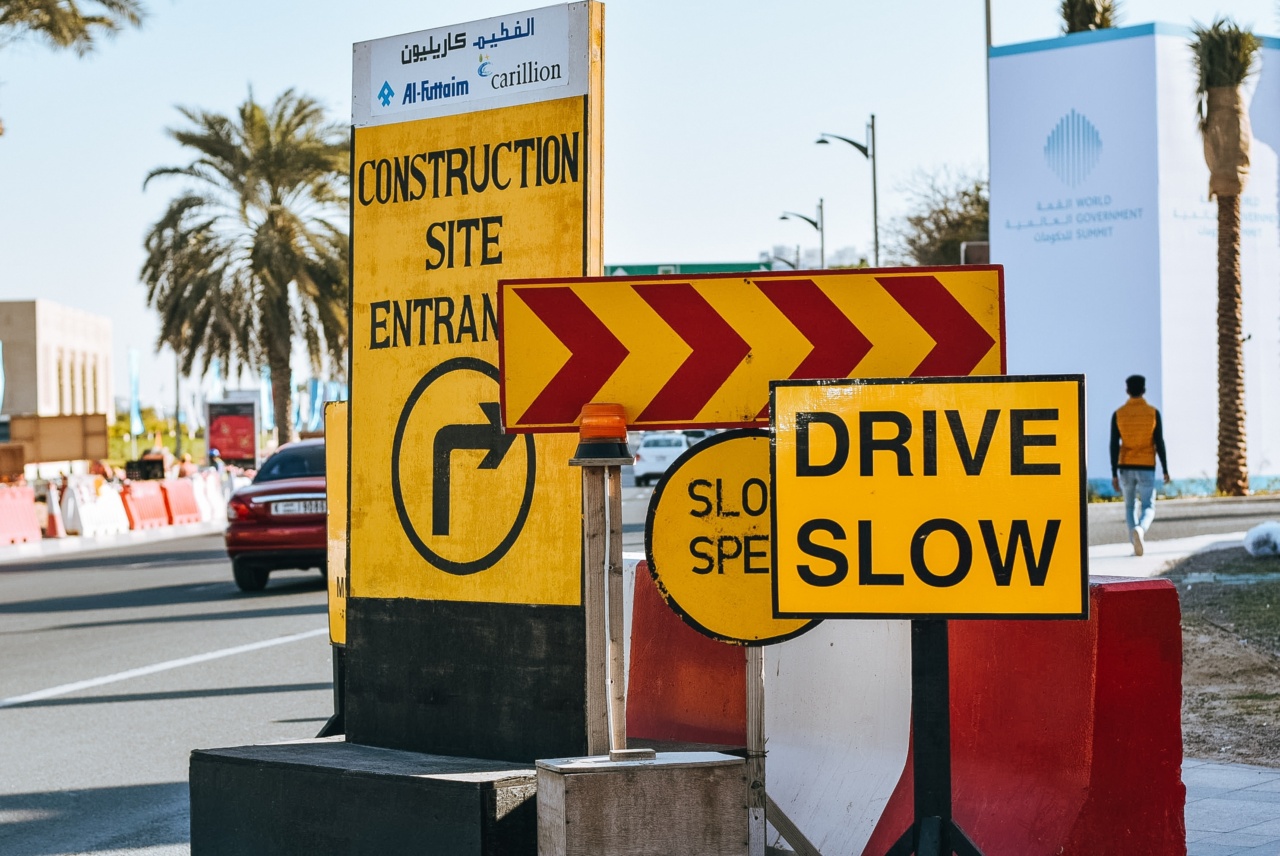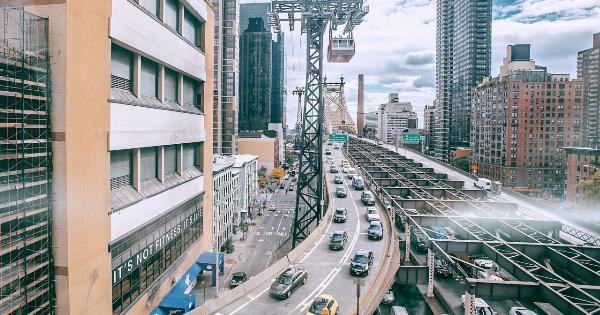Living near a highway can be convenient for commuting purposes, but new research suggests it may come with a downside.
A recent study found that long-term exposure to highway traffic noise is associated with an increased risk of hypertension, commonly known as high blood pressure. This finding adds to the growing body of evidence linking environmental factors to cardiovascular disease.
The Study
The study, published in the European Heart Journal, followed over 1.1 million adults in Spain between 2000 and 2013.
Researchers collected data on each participant’s residential address and estimated their exposure to traffic noise based on traffic volume, speed, and other factors. They then compared this data to the participants’ blood pressure measurements and whether or not they had been diagnosed with hypertension.
According to the study, those who were exposed to the highest levels of traffic noise had a 22% greater risk of developing hypertension compared to those with the lowest exposure levels.
Additionally, every 10-decibel increase in traffic noise was associated with a 14% increase in hypertension risk, even after accounting for other factors such as age, sex, body mass index, alcohol consumption, and smoking status.
Possible Explanations
The exact mechanism through which traffic noise increases hypertension risk is not fully understood, but there are several theories.
One theory is that exposure to noise triggers the body’s stress response, releasing hormones such as adrenaline and cortisol that can raise blood pressure. Another theory is that noise interferes with sleep quality, leading to sleep deprivation, which in turn can contribute to high blood pressure.
Additionally, traffic noise can be a source of annoyance and psychological stress, which can also impact blood pressure levels.
Noise pollution in general, including from sources other than traffic, has been linked to numerous health problems including sleep disturbances, cognitive deficits, and cardiovascular disease.
What Can Be Done?
The findings of this study suggest that reducing exposure to traffic noise may have important health benefits.
This could involve measures such as building more noise barriers along highways, reducing speed limits, and enforcing stricter regulations on noise levels from vehicles.
Individuals can also take measures to reduce their own exposure to noise. This could include using earplugs while sleeping or working, closing windows, or investing in noise-cancelling headphones.
While these measures may not fully eliminate the risk, they can potentially help reduce it.
Conclusion
The relationship between environmental factors and cardiovascular disease is becoming increasingly clear, and this study adds to the evidence that noise pollution may be one of these factors.
By taking steps to reduce our exposure to traffic noise, we may be able to reduce our risk of hypertension and other cardiovascular problems.




























